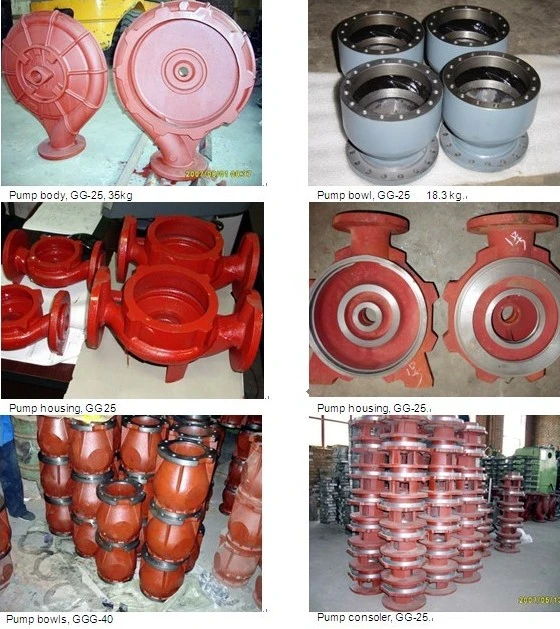Mobile:+86-311-808-126-83
Email:info@ydcastings.com
die casting mold material
Understanding Die Casting Mold Materials
Die casting is a highly efficient manufacturing process used for producing metal parts with excellent dimensional accuracy and surface finish. The success of this process largely depends on the choice of materials for the die casting molds. In this article, we will explore the various materials used for die casting molds, their properties, advantages, and the factors that influence the selection of the appropriate mold material.
Overview of Die Casting
Die casting involves forcing molten metal into a mold cavity under high pressure. The mold is designed to create the desired shape of the part, which is then cooled and solidified before being ejected. Commonly used metals in die casting include aluminum, zinc, magnesium, and copper alloys. Each of these metals has unique properties that can affect the performance and longevity of the mold.
Common Die Casting Mold Materials
1. Steel Alloys Steel is the most commonly used material for die casting molds due to its strength, durability, and resistance to deformation. Tool steels, particularly those classified as hot-work steels like H13, are popular choices because they can withstand high temperatures and are resistant to wear. H13 steel, for instance, can endure the thermal stresses associated with molten metal cooling and solidifying, making it ideal for high-volume production.
2. Aluminum Alloys Aluminum molds are lighter than steel molds and offer faster heat dissipation. However, they are less durable and generally used for low-volume production or prototype casting. While aluminum molds can be less expensive in the short term, their shorter lifespan means they might not be suitable for high-production environments where long-term durability is required.
3. Copper Alloys Copper-based molds offer excellent thermal conductivity, which helps in cooling the cast part quickly, thereby reducing cycle time. However, these molds are typically more expensive and less durable than steel molds. Copper alloys can be an excellent choice for specific applications where thermal performance is critical.
4. Beryllium Copper This alloy is a popular choice for die casting molds because of its combination of thermal conductivity and strength. Beryllium copper molds provide excellent cooling properties, which can improve productivity and the quality of the finished part. However, due to the toxic nature of beryllium, safety precautions are necessary during machining and handling.
die casting mold material

Factors Influencing Mold Material Selection
Several factors influence the choice of die casting mold materials
- Production Volume For high-volume production runs, steel molds are often the best choice due to their durability and longevity. In contrast, aluminum molds may be more suitable for prototyping or short production runs.
- Complexity of Design The complexity of the die-cast part also plays a significant role. Intricate designs may require materials that can endure intricate machining processes, making stronger materials like steel more favorable.
- Thermal Properties The cooling rate of the mold can significantly affect cycle time and part quality. Materials with higher thermal conductivity, such as copper alloys, may be selected for this reason.
- Cost Considerations While steel molds provide better durability, initial costs and production timelines need to be considered. Aluminum molds may be less expensive but can affect long-term production costs due to their shorter lifespan.
- Material Being Cast The type of metal being cast can also impact the choice of mold material. For instance, if a high melting point alloy is being used, a more robust material such as steel would be more appropriate.
Conclusion
Choosing the right die casting mold material is crucial for achieving optimal production efficiency, part quality, and mold longevity. Steel alloys remain the primary choice due to their strength and durability, especially for high-volume applications. However, alternatives like aluminum and copper alloys can offer benefits in specific circumstances. By considering production volume, design complexity, thermal requirements, and cost implications, manufacturers can make informed decisions that enhance their casting operations. Selecting the most appropriate mold material ultimately contributes to the successful and efficient manufacturing of high-quality metal components.
-
Impeller Technology That Powers Precision in Pump SystemsNewsMay.22,2025
-
Valve Durability Begins with Quality Cast Iron ComponentsNewsMay.22,2025
-
Performance Cooling with Advanced Automobile Water Pump SolutionsNewsMay.22,2025
-
How Motor Housing and Oil Pans Shape Engine PerformanceNewsMay.22,2025
-
How Metal Castings Drive Modern Manufacturing EfficiencyNewsMay.22,2025
-
Exploring the Engineering Behind Valve Body CastingsNewsMay.22,2025











